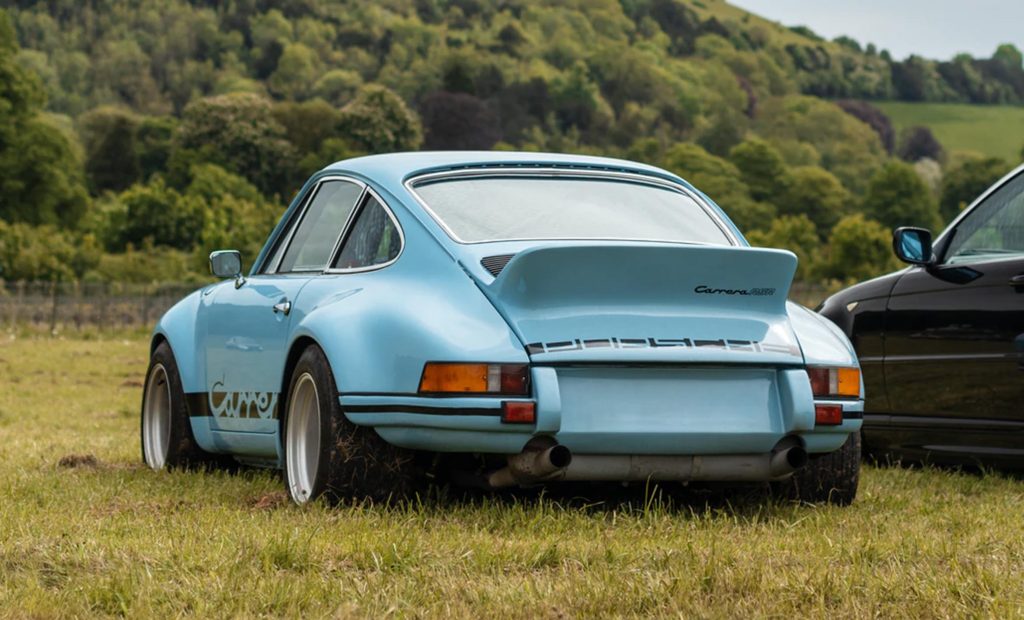
Classic cars are, by definition, some of the most desirable vehicles for collectors, offering the chance to experience first-hand the automotive engineering of decades gone by in a car that is no longer in production.
Each year as more people choose to scrap classic cars that are no longer roadworthy or repairable, the value of the remaining examples increases – similar to that of vintage wine or artworks by a deceased artist.
But there is no single official definition of ‘classic cars’ and vehicles of different ages are treated differently for issues like MOT tests, vehicle excise duty (also known as road tax) and other taxes.
Exemptions for classic cars
In the UK, the age of your car can affect whether you need to pass an MOT and whether you need to pay vehicle tax.
Your vehicle is exempt from the MOT test if it is older than 40 years and has not been substantially changed in the past 30 years (e.g. alterations to the engine, chassis, body or axles that “change the way the vehicle works”).
Vehicles older than 40 years are also exempt from vehicle tax, but you must apply for this exemption, which is commonly known as putting a classic car into the “historic tax class”.
Historic vehicles must be kept in a roadworthy condition, despite being exempt from the MOT, and penalties for driving an unroadworthy classic car on public roads include three points and a fine of up to £2,500.
Spares and repairs
Even an unroadworthy classic car can have substantial value if sold for ‘spares and repairs’ to an enthusiast who is trying to authentically refurbish a classic car of the same make and model, and especially of the same original year of production.
This can lead to historic vehicles being dismantled and the less useful parts accumulating in garages, sheds and even out in the open in back gardens – which has potential risks for the environment.
If you are dismantling an old car to use for spare parts, whether it’s a valuable classic car or a more recent model that’s not roadworthy anymore, we would recommend you keep any unused parts in a secure location, and not in the general environment, to avoid contamination or the risk of theft.
Once you know you do not need a certain part, you should consider selling scrap car parts as soon as possible, to improve your security and potentially raise funds that you can reinvest into your fixer-upper.
Disposing of classic cars
Whether you have scrap car parts or you’re interested in disposing of a scrap car in its entirety, regardless of its age or condition, we can offer you a quote at some of the best scrap car prices in Manchester and the north-west.
If using our online quote form, please make sure you let us know if you have removed any parts of the vehicle to use as spares, as this will obviously have an impact on how much we can pay for what’s left.
Nobody wants to see a classic car scrapped unnecessarily, but when a historic vehicle has reached the end of its natural life and is beyond repair, it’s important to unlock the value, dispose of any contaminants (e.g. engine fluid and batteries) and recycle the materials for the good of the present-day environment.





